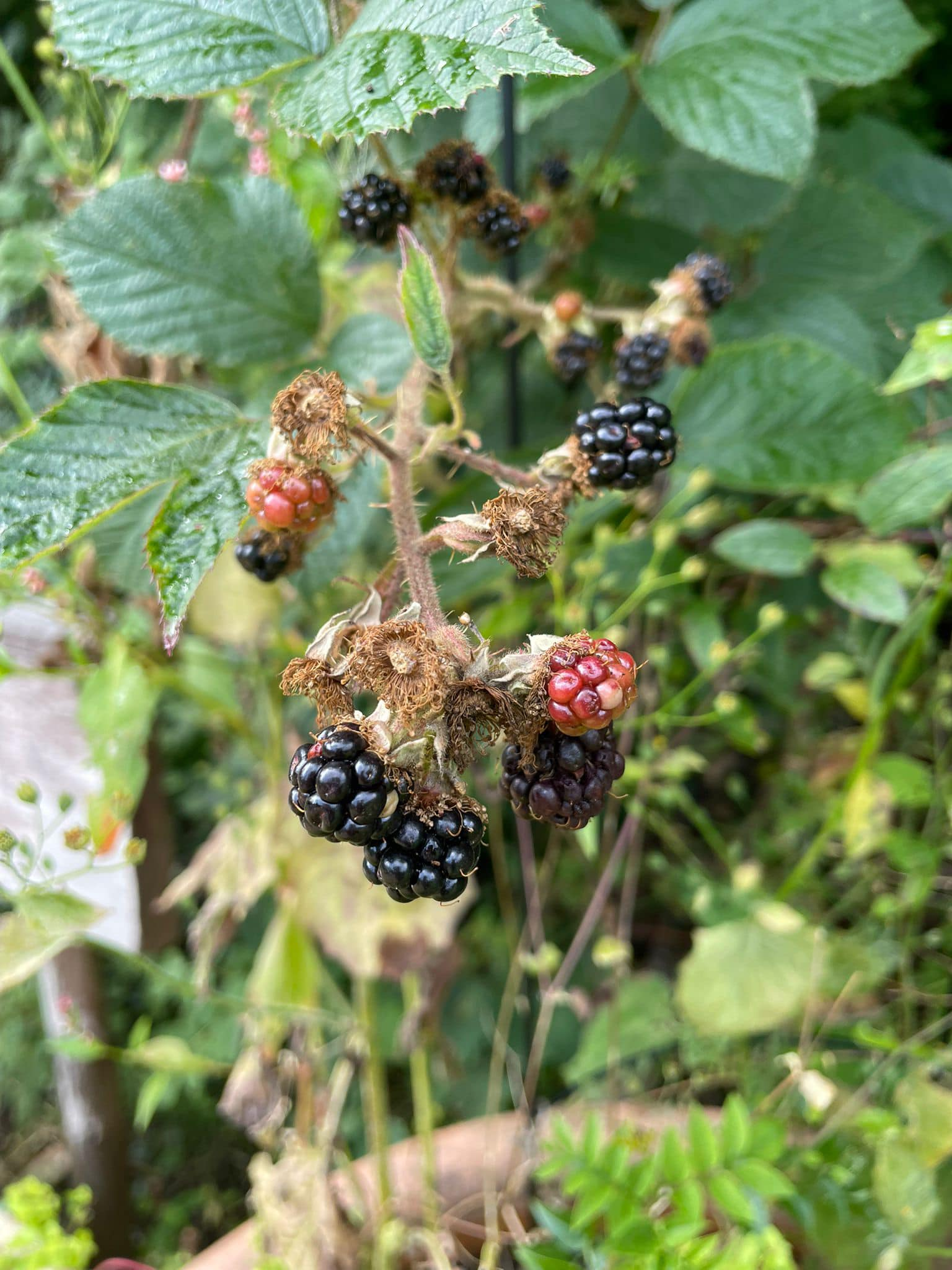At Pendle Plant Craft, we believe that conservation isn’t just a responsibility towards the environment; it’s a pathway to enhancing our own well-being. As more people seek to reconnect with nature through costly retreats and experiences, we advocate for a simpler, more profound approach: giving back to nature. This symbiotic relationship teaches us that true connection isn’t about taking but about nurturing and preserving our planet’s resources.
In today’s fast-paced world, where stress and disconnect are common, spending time in nature has proven benefits for mental and physical health. Research shows that exposure to natural environments reduces stress levels, improves mood, and boosts overall well-being. By actively engaging in conservation efforts, whether through gardening, wildlife preservation, or sustainable practices, individuals not only contribute to environmental health but also reap personal rewards in terms of stress reduction and enhanced quality of life.
Rethinking Water Use: A Crucial Step Towards Sustainability
Have you ever paused to consider what happens each time you flush your toilet? You’re using clean, drinkable water to wash away waste, which then undergoes a complex treatment process involving heavy chemicals to become “clean” again. Despite this, trace contaminants often persist, contributing to the pollution of our water supply.
Imagine the impact if each of us chose to flush less frequently. By reducing our water usage, we not only alleviate the strain on treatment systems but also minimise chemical consumption, ultimately contributing to cleaner water sources for future generations. It’s a small change that holds significant potential.
Practical Tips for Water Conservation
Here are some practical steps you can take to conserve water in your daily life:
- Reuse Kitchen Water: Instead of discarding water from boiling pasta or vegetables, allow it to cool and use it to nourish your plants. The nutrients and starch (without salt) make excellent natural fertiliser.
- Harvest Rainwater: Install rain barrels to collect rainwater for gardening and outdoor cleaning needs. This reduces reliance on treated water and promotes sustainability.
- Address Leaks Promptly: Even a minor leak can waste substantial amounts of water over time. Regularly check and repair leaks in faucets, toilets, and pipes.
- Optimise Shower Time: Shortening your shower by just a few minutes can save gallons of water per week. Consider installing a low-flow shower head for additional efficiency.
- Mindful Dishwashing and Laundry: Wait until your dishwasher and washing machine are fully loaded before running them to maximise water and energy efficiency.
- Choose Native Plants: When landscaping, opt for native plants that require less watering and maintenance, suited to your local climate.
The Urgency of Water Conservation
As the global population grows and climate change intensifies, the demand for freshwater resources escalates. Each individual action towards water conservation plays a crucial role in preserving this finite resource. By adopting sustainable practices and raising awareness, we can collectively safeguard our water sources for future generations.

Connecting Through Stewardship
While many seek solace in nature through various means, true connection is fostered by actively participating in its preservation. Becoming a steward of nature involves learning about ecosystems, conserving natural resources, and spending meaningful time in natural environments. This holistic approach not only enriches our understanding but also nurtures a deeper, more sustainable bond with the natural world.
Expanding the Narrative: Impact and Considerations
Beyond the immediate benefits of water conservation, there are broader implications to consider. Water scarcity affects communities worldwide, often exacerbating social and economic disparities. By reducing our water footprint, we contribute to greater resilience in vulnerable regions and support sustainable development goals.
Moreover, the environmental impact of excessive water use extends beyond freshwater sources. Energy-intensive water treatment processes contribute to carbon emissions and environmental degradation. By conserving water, we indirectly reduce our carbon footprint and mitigate climate change effects.
Challenges and Opportunities
Adopting water-saving practices may pose challenges initially, particularly in urban settings where water infrastructure is often outdated. However, technological advancements and policy initiatives offer opportunities for innovation and collaboration. From water-efficient appliances to community-based conservation projects, there are diverse avenues to promote sustainable water management.
Educational Initiatives and Community Engagement
Empowering individuals and communities with knowledge is fundamental to driving lasting change. Educational initiatives on water conservation, from schools to workplaces, foster a culture of responsibility and awareness. Community engagement through local initiatives, such as water conservation workshops and neighbourhood rainwater harvesting programs, strengthens collective efforts towards sustainability.
In conclusion, conserving water is not merely a personal choice but a global imperative. By reevaluating our daily habits and embracing sustainable practices, we uphold our commitment to future generations and ensure a healthier planet for all. It’s important to recognise that these conservation acts, while seemingly selfless, are inherently selfish in the most positive sense. When we act more conservation-minded, we immediately feel better—physically, emotionally, and spiritually.
The sense of well-being and spiritual connection to nature that we gain from giving back is unparalleled. No amount of nature retreats can replicate the profound fulfilment of nurturing our environment and being stewards of the Earth. It’s a journey that offers immediate rewards, beyond the long-term benefits we also receive.
As we continue on this path, let us expand our efforts beyond water conservation. Future articles will delve into practices like composting, the removal of non-native and invasive plants, and more ways to improve our mental and physical health by reconnecting with and caring for nature. Together, through education, action, and community engagement, we can create a sustainable and fulfilling future for ourselves and generations to come.

